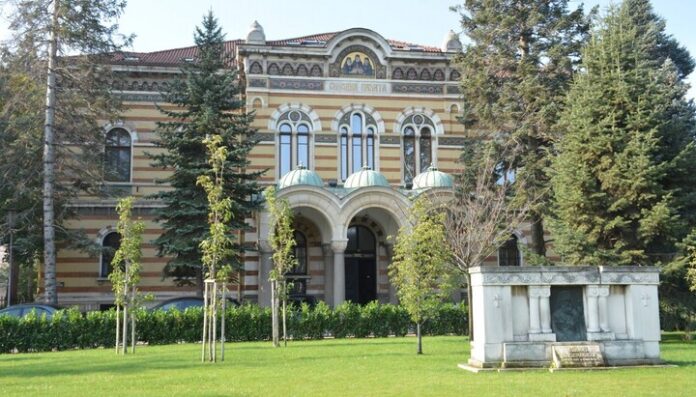
In a landmark decision, Bulgaria’s National Assembly has approved amendments to the Law on Preschool and School Education, making the subject “Religion – Orthodoxy” mandatory in the country’s secondary schools.
The move, passed on October 22, 2025, marks a turning point in Bulgaria’s education system, reintroducing faith-based learning more than three decades after the fall of the atheist regime that dominated from 1946 to 1990.
The Holy Synod of the Bulgarian Orthodox Church welcomed the decision with what it called “joy and spiritual satisfaction,” describing it as the culmination of decades-long efforts to restore spiritual upbringing among the nation’s youth.
“We welcome the wisdom and responsibility shown during the vote, which will allow children and young people to touch the treasure of Holy Orthodoxy and come to know the truths of the faith,” the Bulgarian Patriarchate said in an official statement.
According to Church hierarchs, the parliament’s decision revives a tradition of Christian education that had been interrupted for nearly half a century during Bulgaria’s communist rule, when religious instruction was strictly prohibited.
The Holy Synod expressed hope that the implementation process would proceed smoothly and “bring spiritual fruit” to Bulgarian society. For years, the Church had appealed to state authorities to reintroduce mandatory religious education, calling it essential for preserving national identity and moral values.
Supporters of the initiative had organized public marches, collected signatures, and even prepared teaching materials, including curricula and textbooks, to pave the way for the subject’s adoption. They argue that reintroducing Orthodoxy into classrooms will strengthen ethical foundations and cultural awareness among young Bulgarians.
“The inclusion of Orthodox studies in schools is not just a religious victory, but a moral one,” said one Church representative. “It reconnects the new generation with the spiritual roots of the Bulgarian nation.”
The parliament’s approval is being hailed by Church officials as the “culmination of a long struggle”—a symbolic restoration of faith in public life after decades of secular education.
However, the decision is also expected to spark debate within Bulgarian society, where discussions about the separation of church and state remain sensitive. Critics have previously voiced concerns that mandatory religious education may marginalize students from other faiths or non-religious backgrounds.
For the Bulgarian Orthodox Church, however, this moment represents a long-sought “victory of faith and morality.” Church leaders emphasized that the new curriculum will focus on values such as compassion, respect, and community, aiming to shape “responsible and spiritually aware citizens.”
Earlier this year, the Ukrainian Orthodox Journal (UOJ) reported a separate development in Bulgarian Orthodoxy — a court decision ordering the dissolution of an Old Calendarist Orthodox Church, further highlighting ongoing efforts to unify and strengthen religious institutions in the country.
As Bulgaria embarks on this new educational path, the introduction of mandatory Orthodox instruction stands as a powerful statement about the nation’s enduring connection to its spiritual heritage.
